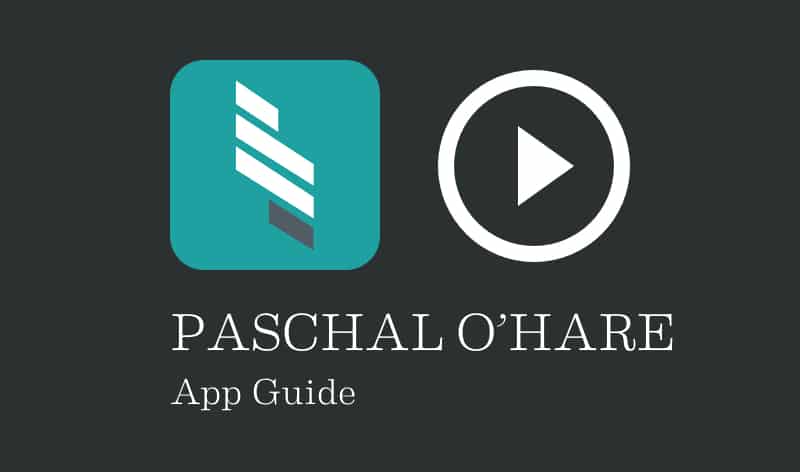Dealing with a serious or catastrophic injury whether personally or for a loved one is a truly awful thing. The immense emotional burden coupled with the daunting prospect of the inevitable legal minefield ahead would terrify anyone. That’s why we have compiled this guide of what you should both expect, and demand from your serious injury solicitor.
The main areas that a serious injury impacts:
- Physical
The extent of physical damage is dependent on the type of serious injury. There may be paralysis, balance problems, amputation, sensory issues, breathing or speech difficulties and many other symptoms or ailments.
- Emotional
Being the victim of a serious injury, or caring for someone that was, takes an understandable emotional toll. Many involved might experience depression, anger, mood swings and anxiety.
- Cognitive
Serious injury, particularly involving the brain, may cause the sufferer to experience memory problems, loss of concentration, issues with language and information processing.
The day-to-day impact:
- Movement
- Finance
- Family Life
- Driving
- Employment
- Accessible Living Accommodation
- Leisure Activities
Finding Representation
It is important to meet with your chosen solicitor as soon as possible after the serious injury has occurred. Before that can happen, the injured party or the person caring for them must choose the best representative for the job. They should ask:
- Is the solicitor a specialist?
- Is the solicitor experienced in this type of injury?
- Will the solicitor be able to cater for the complexities and uniqueness of this case?
- Can the solicitor organise a team of experts that meet the specific needs to the case? (Eg, Neurologists, Forensic Accountants).
- Is the solicitor able to empathise with me, the person, rather than me, the client?
What your solicitor should do next:
- Meet with the injured person or their carer as soon as possible. They should come to the home or hospital if necessary.
- If the initial meeting takes place at the hospital, your solicitor should organise for a private room.
- Assess the extent of the injuries by obtaining medical reports from specialists that are appropriate for the injury.
- Explain the basics in pursuing the claim whilst respecting that the client may be physically & emotionally fatigued.
- Explore what solutions are available for each specific impacted area of the injured person’s life.
Getting on with it.
You solicitor should begin to navigate through the case and conduct a thorough investigation. It is imperative that the solicitor remains mindful of the needs of their client. Each case of serious of serious injury is enormously different and sensitive by nature. This is why the sufferer of serious injury, or their carer, should endeavour to choose the right representative from the outset.
When certain conditions are met, it may be possible for a specialist solicitor to secure interim payments to ease any associated financial burden. This means that payments can be made before the case is settled allowing for the quickest possible return to independent living.
Employment & Employability.
If a person’s serious injury has an adverse effect on their employment or employability it will be necessary for their solicitor to obtain reports from an employment psychologist. This employability specialist will look at the injured person’s qualifications, the nature of their employment at the time of the accident and assess if it is possible to continue on within that capacity once recovered. In instances where past employment is no longer an option, the employment psychologist will consider what other roles & industries would be future options.
In cases where the injured person is younger and their injury is severe by nature, an educational psychologist would be appointed. The expert report provided would highlight the young person’s academic achievement to date and how they would likely perform in future academia before sustaining the injury. The goal it to assess the type of job they would have obtained in the open employment market but for the intervening devastating injury.
Special Damages
Aside from the physical and emotional damage caused by a serious injury, there might be unique damages such as financial loss. The solicitor will obtain a report from an occupational therapist who will assess the injured party’s situation and work out things such as their cost of care and level of care needed in the future. In cases of serious brain injury, this cost may be several million pounds. The occupational therapist will also consider what adaptations are required to the home, depending on the plaintiff’s injuries. They will also look at potential assistive technologies.
A report is often required from an architect that assesses whether the inured person’s home is suitable enough to cater for the person’s specific injuries. In cases where it is not, the architect will provide details on how much a new house will cost or the costs of renovating the home to meet current needs.
Finally, a forensic accountant can be consulted who will work out the total financial loss using the various reports obtained by the solicitor. This final figure presents a rough idea of the value of the claim.
Your solicitor’s contact with the defendant.
- The opening of a dialogue that encourages transparency and collaboration.
- Organise rehabilitation as soon as the injured person is capable.
The handling of serious personal injury cases can be emotionally draining. However, with expert help the burden of worry can be removed, allowing the injured person to focus on the most important thing of all – A return to a comfortable and sustainable quality of life.
If you or a loved one is suffering from a serious injury, click here to learn how we can help or contact us for a completely free and no obligation discussion with a solicitor.













